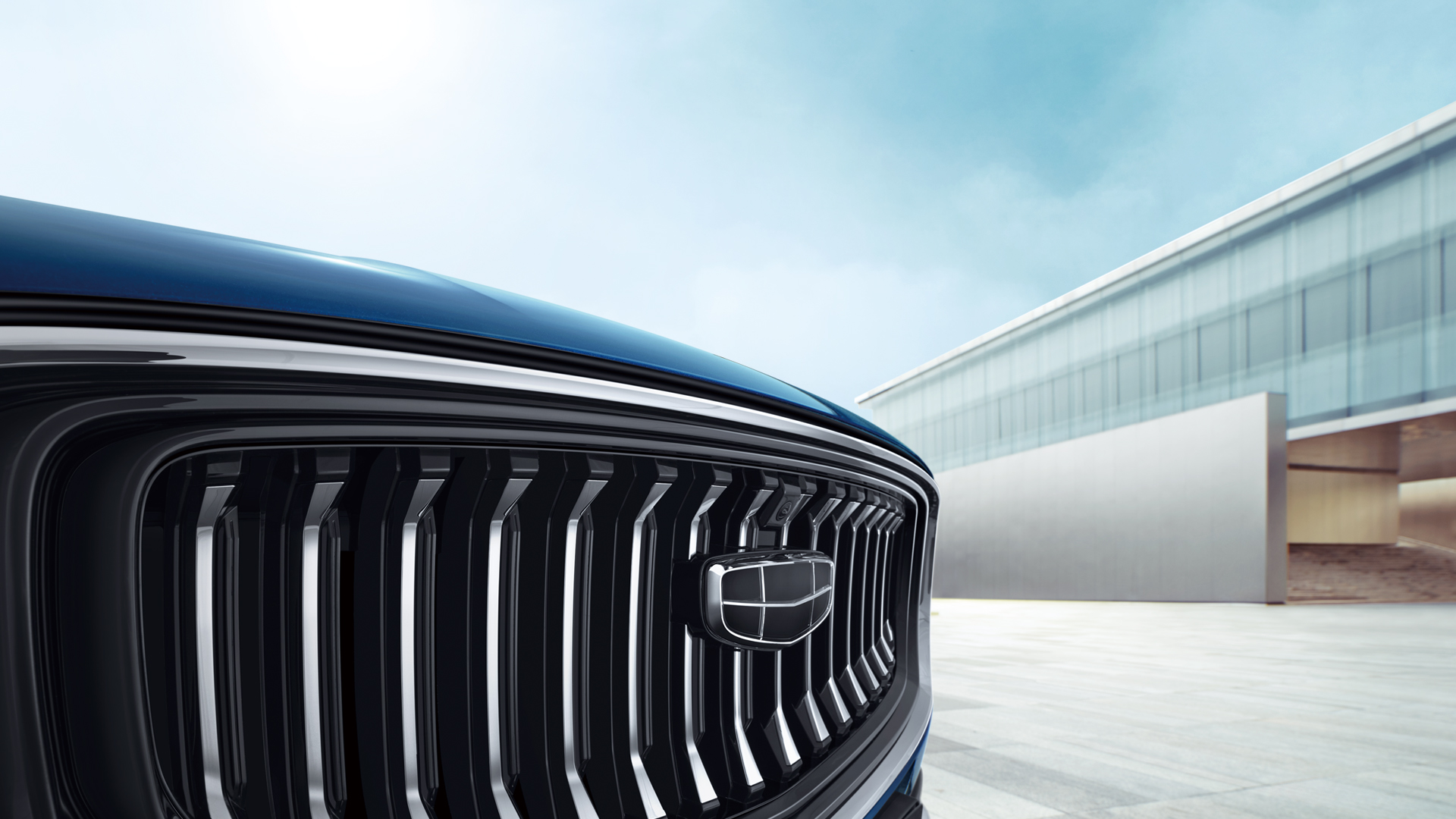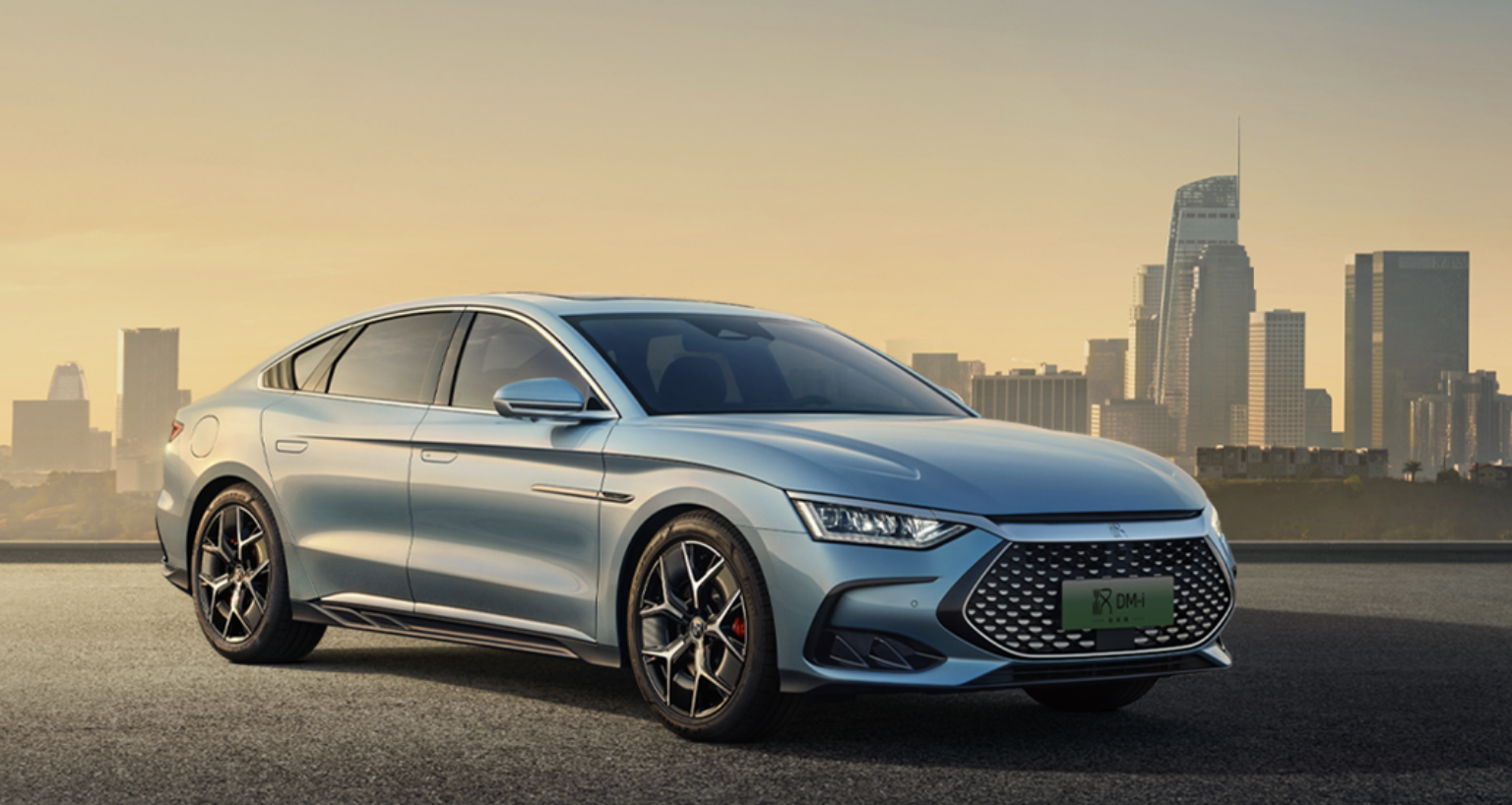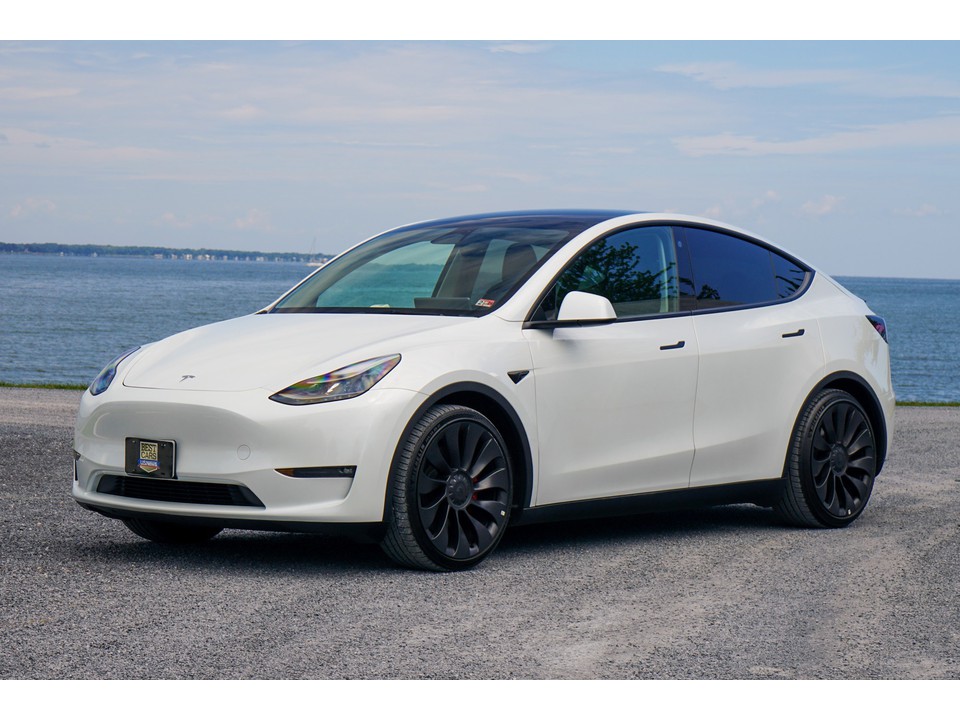German new energy vehicle planning
Germany is setting targets for the auto industry to increase sales of electric vehicles to 15 million by 2030.
A German court ruled last week that a proposal to reallocate 60 billion euros to climate and industry was unconstitutional, forcing the government to find other sources of funding to boost the electrification of the car industry, including expanding charging infrastructure. At the opening ceremony of this year's Munich Motor Show, German Chancellor Scholz announced an incentive plan worth 110 billion euros to support the development of the German electric vehicle industry, but it remains to be seen whether this plan can be landed.
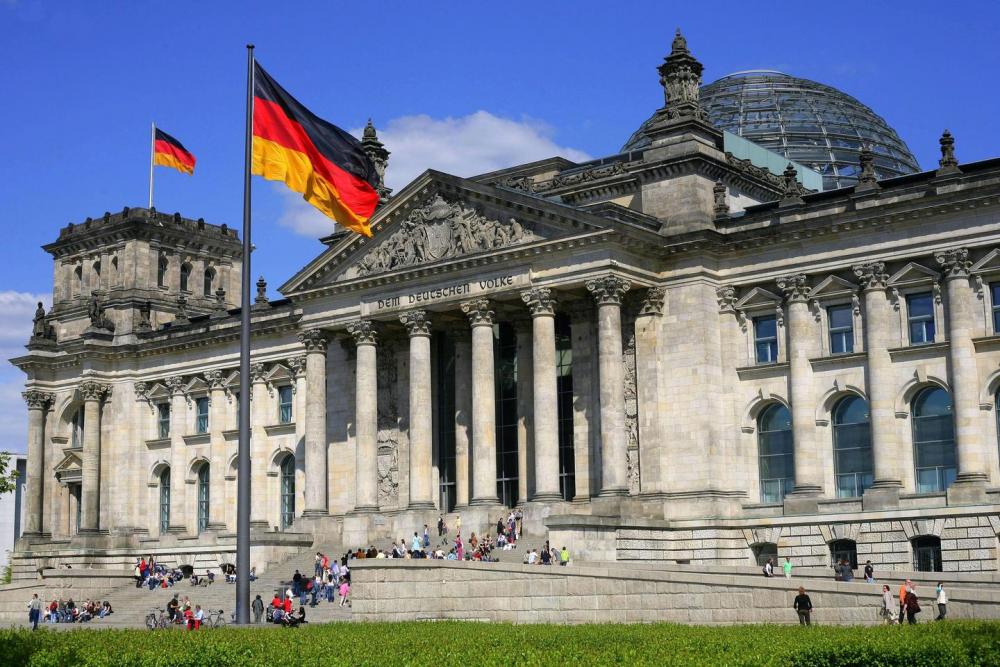
A spokesman for the German transport ministry said they were working to expand the charging network, with more than 100,000 public charging stations already in place. The German government's coalition agreement said it aimed to have "at least 15 million pure electric passenger cars on the road by 2030," but the transport minister lowered expectations last year to include both electric and hybrid vehicles.
According to the latest data from the KBA, Germany's federal motor authority, there were 2.2 million electric vehicles on German roads as of October this year, of which 1.3 million were pure electric vehicles.
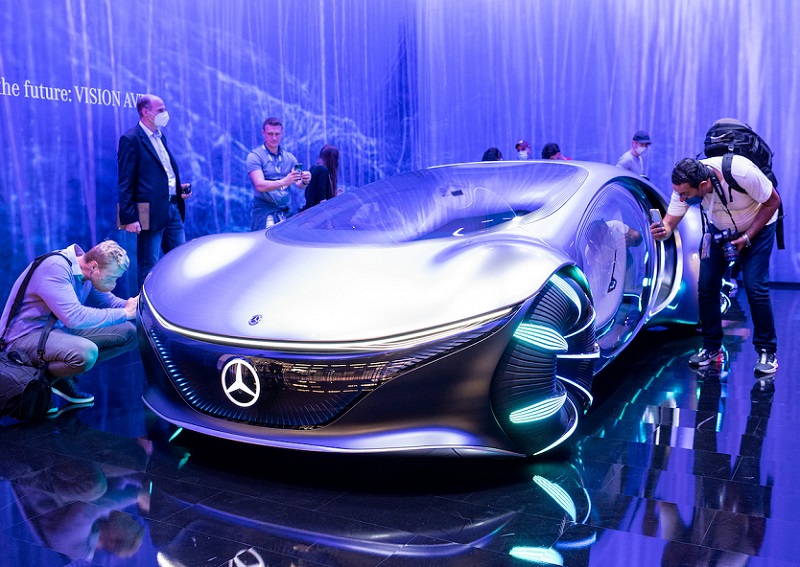
At present, the speed of the electric transformation of the German car market is slowing down, and the German car market reached 224,500 units in September, down 0.1% from the same period last year. Among them, the sales of pure electric vehicles were only 47,000, down 35% year-on-year.
While European carmakers fret about competition, leading German suppliers such as Bosch, ZF and Continental are keen to expand their partnerships in China and supply Chinese carmakers with European-made components. Previously, the first battery in the German factory of Guoxuan Gaoke also successfully rolled off the line.
Dudenhofer, a well-known German automotive expert and director of the Duisburg Automotive Research Center, pointed out that Europe has become "an attractive market" for Chinese electric vehicle manufacturers. But for German manufacturers, "the competition will be more intense."

 Russian
Russian

